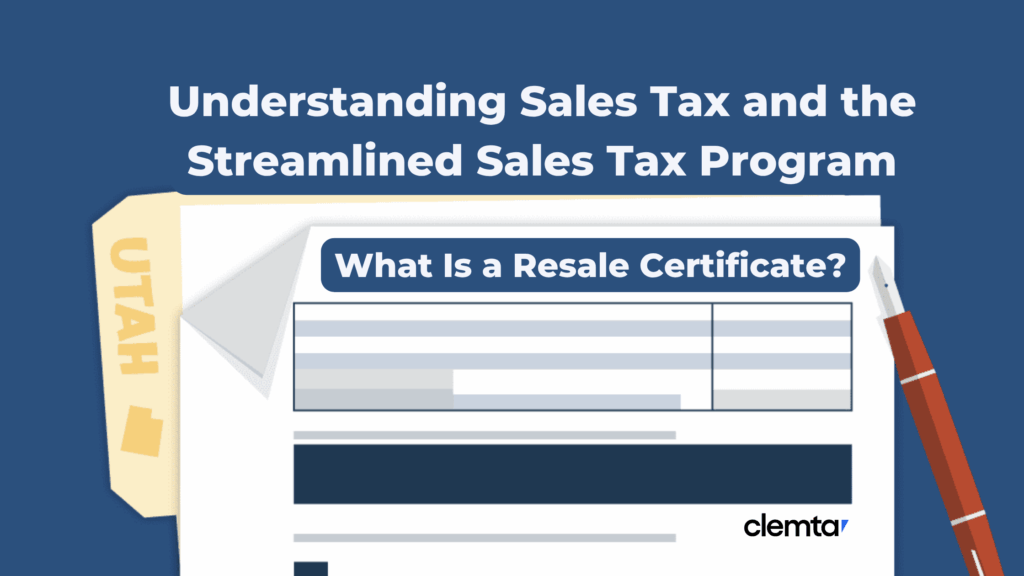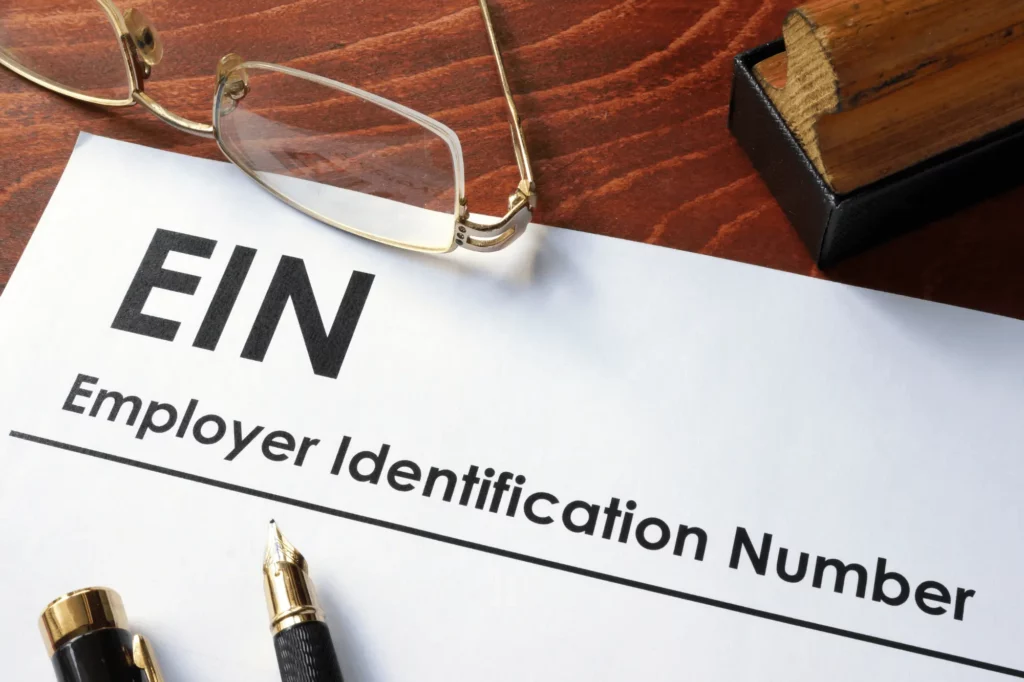When forming or acquiring a U.S. company as a non-U.S. resident or entity, there are various compliance requirements to keep in mind, including specific filings with the U.S. Bureau of Economic Analysis (BEA). One of the most important forms is the BE-13 form. If you’re unfamiliar with the BE-13 form or unsure if you need to file it, this blog post will guide you through everything you need to know and explain how Clemta can assist you in fulfilling your filing requirements.
What is the Form BE-13?
The BE-13 form, officially known as the Survey of New Foreign Direct Investment in the United States, is a mandatory survey conducted by the U.S. Bureau of Economic Analysis (BEA) to collect data on new foreign direct investment (FDI) in the United States. The BE-13 form helps the U.S. government track new investments by foreign entities or individuals, allowing them to analyze the impact of foreign investments on the U.S. economy.
Who Needs to File the Form BE-13?
You are generally required to file the BE-13 form if you are a non-U.S. resident individual or entity who has made a new investment in a U.S. business. This can include the following situations:
- New Establishment: You have established a new business in the U.S. that you own 10% or more, directly or indirectly, of the voting interest.
- Acquisitions: You have acquired at least 10% of the voting interest in an existing U.S. business.
- Expansions: You have expanded an existing U.S. business that you own, either by opening a new facility or by increasing operations significantly.
If any of these situations apply to you, you are required to submit the BE-13 form within 45 days of the investment.
What Are the Exemptions from Filing the Form BE-13?
There are specific situations where you may not be required to file the BE-13 form:
- Investment Amount Below Threshold: If the new investment in the U.S. business is less than $3 million, you are generally not required to file the BE-13 form. However, you must file a BE-13 Claim for Exemption to notify the BEA that your investment falls below the threshold.
- No Qualifying New Investment: If your investment does not meet the BEA’s definitions for a new establishment, acquisition, or expansion (e.g., changes in ownership where no new foreign direct investment has occurred), you may not need to file.
- Ownership Less Than 10%: If your investment in a U.S. business is less than 10% of the voting interest, you are not required to file the BE-13 form.
- De Minimis Changes: Minor changes in ownership or control that do not result in a qualifying new investment typically do not require filing.
How to File the Form BE-13?
Filing the BE-13 form can seem daunting, especially if you’re new to U.S. regulatory requirements. Here’s a simplified guide:
- Determine the Type of BE-13 Form Required: There are several types of BE-13 forms (e.g., BE-13A, BE-13B, BE-13D, etc.), each specific to the type of investment (new establishment, acquisition, or expansion). Identify which form you need based on your investment type.
- Complete the Relevant Form: Visit the BEA’s website to download the correct form. Complete all required sections, providing accurate information about the nature, amount, and type of your investment.
- Submit Within the Deadline: The BE-13 form must be filed within 45 days of the qualifying transaction (e.g., the closing of an acquisition, commencement of an expansion, or creation of a new affiliated entity). Ensure that you submit it promptly to avoid penalties.
- File a Claim for Exemption if Applicable: If you believe you are exempt from filing, you still need to submit the BE-13 Claim for Exemption to formally notify the BEA of your status.
Penalties for Non-Compliance
Failing to file the BE-13 form or providing incomplete or inaccurate information can result in civil penalties ranging from $4,450 to more than $44,539 per violation. In cases of willful non-compliance, criminal penalties may include imprisonment of up to one year and/or fines of up to $10,000 per violation.
How Clemta Can Help You with the BE-13 Filing
Navigating U.S. regulatory requirements can be challenging, especially for non-U.S. residents. That’s where Clemta comes in. We offer comprehensive support to ensure compliance with all necessary filings, including the BE-13 form.
- Guidance on Filing Requirements: We help you determine if your new U.S. company needs to file the BE-13 form, and we identify the correct form type based on your unique situation.
- Assistance with Form Preparation: Our team of experts can assist you in preparing the BE-13 form, ensuring that all required information is accurately provided to meet BEA standards.
- Timely Submission: We help you file the BE-13 form (or a claim for exemption) within the required timeframe to avoid any penalties or compliance issues.
- Ongoing Compliance Support: Clemta provides ongoing support and guidance to ensure your U.S. business remains compliant with all relevant federal regulations, allowing you to focus on growing your business.
Conclusion
The BE-13 form is a critical part of establishing your new U.S. business if you are a foreign investor. Understanding your filing requirements and ensuring compliance is essential to avoid penalties and maintain good standing. At Clemta, we are here to help you every step of the way, from forming your U.S. company to navigating all necessary regulatory requirements.
Ready to get started? Contact Clemta today to learn more about how we can assist you with your U.S. company formation and compliance needs!
By partnering with Clemta, you can focus on growing your U.S. business while we handle the complexities of regulatory compliance. Our comprehensive business management dashboard makes it easy to track important deadlines and manage your documents, ensuring you never miss a filing requirement. Remember, staying compliant with U.S. regulations is crucial for the success of your investment. Let Clemta be your trusted partner in navigating the BE-13 filing process and ensuring your compliance in the United States.








